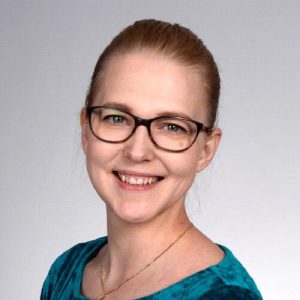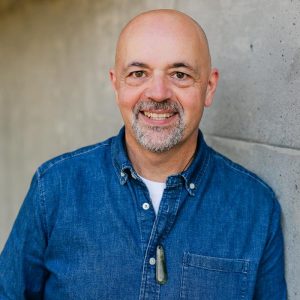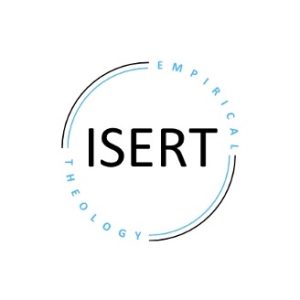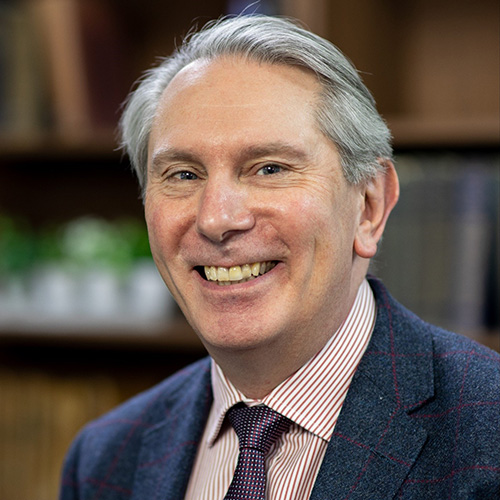Theme: Religion, Globalization and the City
Wednesday 25th (1.30pm) to Friday 27th March (2pm), London School of Theology (LST).
The International Society for Empirical Research in Theology (ISERT) is delighted to announce its call for papers for its 2026 conference.

The conference invites short papers, panel discussions and poster presentations that explore the nature of globalization as a religious phenomenon in the context of a ‘global city’. It invites colleagues to present papers on how empirical research in theology and religion might address:
- Beliefs, values and attitudes in relation to the concepts of globalization and religion
- The impact of migration and hybridity on ‘glocalized’ expressions of faith
- Megachurches and their responses to globalization
- Different religious traditions (e.g. Islam, Pentecostalism, Roman Catholicism) as global and urban phenomena
- Theological explanations of globalization
Please submit a title and an abstract of not more than 500 words explaining the nature of your paper, panel discussion or poster presentation. A third keynote address will be selected from the open call for papers.
Keynotes Speakers

Professor Suvi-Maria Saarelainen will deliver the ISERT presidential address. She is an Associate Professor in Theology of Wellbeing and Professional Skills (tenure track) and Pedagogical Head at the School of Theology, University of Eastern Finland. Her research explores existential health, lived theology, and professional competence in care, with particular focus on the fourth age and end-of-life contexts. As a long-standing board member and outgoing President of ISERT, she has contributed to advancing empirical theology as an interdisciplinary and context-sensitive field. She actively collaborates in national and international projects and is committed to developing innovative approaches to existential care and theological research.
Professor Saarelainen will address the question: ‘What Makes Theology, Theology? Reflections from the Threshold of Empirical Theologies’. She says, as I conclude my term as President of ISERT, this lecture offers both a retrospective and forward-looking exploration of empirical theology as a field situated between tradition and transformation. At its heart lies a persistent question: what makes theology, theology? In an era of interdisciplinary collaboration and growing demand for societal relevance, the challenge is not only to preserve theology’s distinctiveness but to ask: whose theology, which experience, and what boundaries? Should we, in fact, speak of empirical theologies in the plural? Who has the power—and the privilege—to define theology’s core? These questions matter deeply as theology engages with lived realities in increasingly diverse and contested spaces. How can we respond to complexity without losing theological depth? How might lived experience, public relevance, and disciplinary openness co-exist within theological inquiry? Drawing from the example of theology of wellbeing, I reflect on how empirical theology opens new scholarly and practical avenues, especially in cross- and multidisciplinary constellations. At the same time, I ask: how do we ensure we do not dilute theology’s essence in the process? Taken together, these trajectories invite us to reconsider what theologizing means today, where it happens, and who participates in shaping it. Finally, I reflect on the future of ISERT as a scholarly community. What kind of intellectual space do we want to nurture? What forms of dialogue, risk-taking, and inclusion are needed to ensure that empirical theology remains responsive, critical, and meaningful?

Professor Michael Wilkinson is Professor of Sociology at Trinity Western University, Langley, BC, in Canada and was a Visiting Fellow at the University of Cambridge in 2025. His research expertise is in the sociology of religion, globalization and Pentecostalism. His recent edited publication is with Alison Marshall and Rubina Ramji, entitled The Handbook of Religious Ecstasy (Bloomsbury, 2025). His keynote address is based on his research in Canada and is entitled ‘No Religion and the Global City: A Comparative Analysis of the Spiritual but not Religious in the Pacific Northwest’. The Cascadia region located in the Pacific Northwest of North America encompasses the Province of British Columbia, Washington State, and Oregon. The region is known for its striking natural environment, unique social and political culture, history, and approach to institutions, ideas, and practices. It is the region with the highest rates of ‘no religion’ in North America. It is also home to all kinds of post-institutional forms of spirituality, and yet little scholarship has examined this region. The findings in this presentation are from the Religion, Spirituality, Secularity, and Society in the Pacific Northwest project. This was a four-year project funded by the Social Sciences and Humanities Research Council of Canada for which I was a co-applicant. The researchers used a mixed methods approach to generate and interpret a comprehensive set of statistical, interview, and historical data on religion and spirituality in Cascadia. Attention will be given in this presentation to religious non-affiliation in the cities of Vancouver, Victoria, Seattle, and Portland along with the responses of the historical Protestant and evangelical churches to those who identify as spiritual but not religious and the growing emphasis on individualism, religious diversity, and secularity in Cascadia.

Costs and Booking details
Conference fees:
The standard delegate conference fee including meals is £150.
The student delegate conference fee including meals is £120.
Accommodation (room only) costs:
En-suite Single Room (2 nights) is £140.
En-suite Double Room (2 nights) is £200.
Single room (2 nights) with a shared bathroom (usually 2-3 people, on single sex corridors) £110.
Bookings will the made on a first come, first served basis.
Additional nights can be booked for Friday and Saturday including continental breakfast, subject to availability at the time of booking.
| Single ensuite | £70 |
| Single shared bathroom | £55 |
| Twin ensuite | £100 |
Other hotels in the area, within walking and a short tube ride include the following:
Premier Inn – https://www.premierinn.com/
Locations to try: London Harrow, London Wembley stadium, Rickmansworth, Watford Central
Holiday Inn https://www.ihg.com/holidayinnexpress/hotels/gb/en/watford/lonwa/hoteldetail
Locations to try: London-Watford Junction
Travelodge https://www.travelodge.co.uk/
Locations to try: London Harrow, London Central Kings Cross
Please make your booking directly with these hotels.

ISERT, International Society of Empirical Research in Theology, was as founded in 2002 by Johannes Van der Ven and a group of colleagues and meet at its inaugural Conference in Nijmegen University.
ISERT aims to transcend the boundaries of Practical Theology and considers the relevance of empirical methods for systematic and moral theology as well, and in highly significant fields like the science-and-religion or theology-and-religion dialogue, which move beyond practical theology.
For more information, visit: https://isertheology.org/

The Conference Organiser, Professor Mark Cartledge, writes:
I work in one of the world’s global cities. The rest of the world has come to work and live in London, which makes it a very multicultural reality. It may also be the case that these people have brought their religious commitments with them, and this has added to the diversity of the city. I was inspired by this association of place with religious activity, but also by the importance of recognising the role that globalization makes to our understanding of religious life. Time and space are compressed via travel and migration, as well as continued connection to home countries.
I am hoping that some of my own students will attend, rub shoulders with experienced academics, make friends, but also be inducted into a very specific community of enquiry. It is one of the best places to learn how academic empirical theology is practised.
I hope participants will be greatly encouraged by the reception of their work among supportive colleagues, but also challenged to grow as academics, develop new techniques, or read new areas of the literature. I also hope that new collaborations are initiated via informal conversations over meals or coffee breaks.
Please do join us. We are planning to make it a fantastic experience for those of us engaged in empirical research in theology and religion!
Additional questions?
Please address all correspondence about the conference to the conference events manager, Joan Cartledge: joan.cartledge@lst.ac.uk
